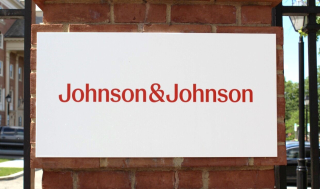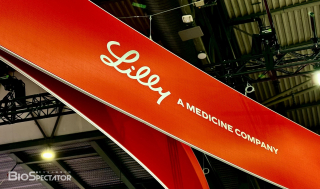기업
Development and Expansion of 'Embolization Techniques for Chronic Musculoskeletal Pain'
by Jongwon Jang
Prof. Park Sang-Woo of Konkuk University Hospital and ENGAIN endeavor to upgrade the Japanese embolization technique for chronic musculoskeletal pain by improving the safety and efficacy, and are curr

"Studies on 'embolization techniques for chronic musculoskeletal pain' are actively being studied overseas as a therapy to reduce pain by blocking abnormal neovascularization associated with pain. We try to spread 'embolization techniques for chronic musculoskeletal pain' at medical sites by applying new embolic materials to enhance the therapeutic effect," said Prof. Park of Konkuk University Hospital.
A domestic medical staff member and a bio company have recently undertaken the challenge of developing new therapies to provide therapeutic effects for intractable and chronic musculoskeletal pain. Such effort has been initiated by Prof. Park Sang-Woo of Konkuk University Hospital (Professor of Dept. of Radiology and Head of Arm and Leg Blood Vessel Center) and ENGAIN, a leading polymer biomedical device company in the domestic embolic materials market. They are currently conducting studies to upgrade the safety and therapeutic effects of embolization techniques for chronic musculoskeletal pain, which has spread from Japan to the United States and Europe.
The Japanese embolization technique for chronic musculoskeletal pain has fundamental limitations. It uses certain types of 'antibiotics' as embolic materials that block blood vessels. The safety of these antibiotics has not been proven and developed countries strictly control their application to prevent abuse.
Other embolic materials are used in the United States and Europe. However, musculoskeletal embolization block abnormal neovascularization and enable normal blood vessels to perform their functions to provide treatment effects. It provides the blocking effect for a limited period to induce the necrosis of only abnormal neovascularization. Prof. Park said, "As common embolic materials can stay in the body system for a minimum of a few weeks or permanently, they are not appropriate as an embolic material for chronic musculoskeletal pain to be dissolved within a few days.”
Prof. Park and his research team have developed and verified a new embolic material that could mitigate the shortcomings of existing materials. Since it is ranked No. 1 in terms of domestic embolic materials market shares and exporting its products to overseas markets, ENGAIN is widely recognized for its outstanding technology.
Prof. Park said, "This embolic material is a safe substance approved by the FDA which can be completely dissolved inside the body system within 48 hours. We are currently conducting clinical research on this embolic material by targeting 30 people and will complete it soon."
The clinical trial which applies new embolic materials to the existing embolization techniques for chronic musculoskeletal pain is now in its final stage, and once the study outcomes are summed up, the procedure for new medical technology certification essential for its widespread application among domestic medical institutions will begin in earnest. Prof. Park said, "We have confirmed the possibility of a new embolization technique for 'chronic musculoskeletal pain' through various studies. We hope that we can provide a new treatment for chronic-pain patients without alternatives."














![[인사]한미그룹 2026년 정기 임원인사](https://img.etoday.co.kr/crop/77/77/2071974.jpg)


